Ever since the beginning of 2020, when the Coronavirus pandemic spread across (and terrified) the world, serious diseases, the epidemics of the past (from the Plague to the Spanish Flu a century ago) and the threat they pose to mankind – never ever prepared for such challenges – have been under discussion, alongside (albeit more rarely, indeed!) the issue of people’s fear when they are faced with realities which seem to bring daily life closer to famous dystopian masterpieces of the twentieth century, such as the fictional universe of George Orwell’s „1984” or that of Aldous Huxley’s „Brave New World”. Nevertheless, the apprehension experienced by the people who are confronted with unusual situations is not the exclusive privilege of the fiction work of the literary predecessors, because such instances are also encountered in contemporary literature.
Here is, in this respect, what Yvette Centeno wrote in her review of a novel published a few years ago: “I have never had such a reading experience since I read Kafka’s „The Trial”.” Referring to the same novel, Isabel Lucas wrote for ‘Público’: “Terse and ruthless, the style of the book is bold and efficient. Delving into the pages of the novel, the reader is caught in the whirl that the author conceived as a superscript for reality, feeling, alongside the characters, a victim.” The author is Rui Zink and the novel that was so well received is entitled „A Instalação do Medo”/ („The Installation of Fear”) and it was published in 2012.
What was it, however, that made a book of less than two hundred pages enjoy such warm critical response? On the one hand, the worldwide fame of the Portuguese writer who, especially after publishing „O Anibaleitor” („The Cave Reader”) in 2006, followed by „A Espera” („Waiting”) in 2007 and „O Destino turistico” („Tourist Destination”) in 2008, has been one of the darlings of literary critics and readers worldwide. On the other hand, the topics that he tackles and also the amazing art with which he sorts out, from an aesthetic and ethical point of view, a series of highly complicated issues.
It all starts all of a sudden and the readers find themselves in medias res, almost trapped in this text which takes hold of them from the very first paragraphs, like a (novelistic, but not only) whirlpool of hints and meanings. Thus, two men ring the doorbell of a young woman’s apartment; one of them is well groomed, very talkative and is carrying a briefcase, while the other is wearing work clothes and is carrying a toolbox. Hardly has the woman, frightened by the insistence of the two men, time to hide her child in the bathroom, urging him not to fidget and to keep quiet, when the two men inform her that they have come, strictly obeying the Government ordinances, neither more nor less than to install fear! But what is even more astonishing is the fact that fear must be installed rapidly, within twenty days and all households must abide by this decision. Moreover, apart from the technical aspect of installing fear there is yet another dimension, consisting in the effort to define it, as fear has many expressions (and implications!), enhanced by the characteristics of the contemporary world and of the existence of people captive in a society prone to standardize and cancel any kind of significant difference.
Vibrant, alert, unusual, fascinating, Rui Zink’s book is a captivating read, highly suggestive of the various and insidious ways whereby people can be manipulated and steered towards aims that are not theirs or made to accept solutions and decisions that are utterly alien to the essence of their lives.
All of these things are either bluntly stated or merely suggested by one of the two zealous plumbers, whose role is to verbalize everything his co-worker is trying to put into practice. The language used by this character is a fascinating miscellany of apparently accurate information and propaganda-specific language structures and the woman in whose house these things occur cannot interpose because she feels that she is having a bad dream from which she cannot wake or that she is hallucinating; moreover, she is worried about her safety and especially about the safety of her hidden child, all the more so as the two men’s garrulousness and their activity in her apartment are characterized by a strange ambiguity, by veiled threats, by a barely contained violence meant to induce a terrible sense of insecurity followed by fear – initially diffuse, then ever more perceptible – which she seems for the moment incapable to push through. And what is fear, which she is told must be installed? Is it something all-pervasive, from the children’s first bouts of fear to the long-standing great fears of grown-ups – fear of diseases, of hunger, of wars, of terrorist threats, is it the universal fear of the unknown or of unknown people – perceived as strangers or foes – fear of the future, fear of unpleasant memories, but also the greatest, the deeply-ingrained fear that any human being experiences – fear of oneself?
It is obvious, as of this moment, that Rui Zink’s novel takes the shape of an unexpected allegory, as the text may be (and has been) read as a bitter political fable questioning the current political system as well as many of the false values of the wild liberalism that has dominated Western society for quite a while and equally so as a complex parable of the tragic human condition, comparable to the great works of Kafka, Orwell or Huxley. But, in a spectacular turnaround, in Rui Zink’s novel the plot will not advance in the manner which perhaps the somewhat resigned contemporary reader (already familiarized with so many dystopian novels and events of contemporaneity…) might anticipate. On the contrary, as it happens in suspense drama alone, there is an amazing shift of roles and positions whereby the pursued will become the pursuer and the victim will become the executioner. Vibrant, alert, unusual, fascinating, Rui Zink’s book is a captivating read, highly suggestive of the various and insidious ways whereby people can be manipulated and steered towards aims that are not theirs or made to accept solutions and decisions that are utterly alien to the essence of their lives and which they will afterwards not be able to control at all. For, in order to be induced in society, fear must be internalized, it must curdle all the latent discontent and mistrust of the human soul and then be perceived as the only echelon and the only certitude of all individuals, experienced as such both separately and collectively. In order to render all these ideas in only a few dozens of pages, the Portuguese writer has resorted to an assortment of quotations, press articles, statements made by politicians, economists and specialists in various other domains, all with the sole purpose of convincing people, only to then dominate them, subject them and eventually gain complete control over them. Because inducing fear in a population unprepared for such a step is the key to gaining total control over the entire society and, by extension, over mankind.
Written only a few years after the economic crisis of 2008-2009, „A Instalação do Medo” was interpreted, especially in Portugal, as a genuine manifesto novel, a political text par excellence, an unforgiving satire on those who were not able to avert the distress endured by the people in this Iberian Peninsula state during those years. But Rui Zink goes beyond these strict boundaries and addresses a wider audience – hence the huge success his book has enjoyed – skilfully playing on words, on language, on his readers’ previous reading experience, simultaneously turning his text into an extraordinary novelistic game – but one that stands out in the contemporary cultural landscape – in other words, a game in which literature is by no means regarded as a form of light entertainment anymore, but it acquires a truly social, at times political, role. Everything is all the more artistically accomplished as Rui Zink has largely structured his novel as a theatre play (he himself being a playwright as well…), a kind of work-in-progress that wins the readers over from the very beginning. The novel is a little gem, with an outstanding plot, a perfect dosage of suspense and an ending that will convince even the most querulous readers… From this point of view, „A Instalação do Medo” can be read as a bitter, yet necessary medicine administered by Rui Zink to contemporary society, as a lucid warning and a profound meditation on all the great concerns that people have nowadays.
Rui Zink, „A Instalação do Medo” („The Installation of Fear”)/ „Instalarea fricii”, translated into Romanian by Micaela Ghiţescu, Humanitas Fiction Publishing House, 2018
Translated into English by Mirela Petraşcu

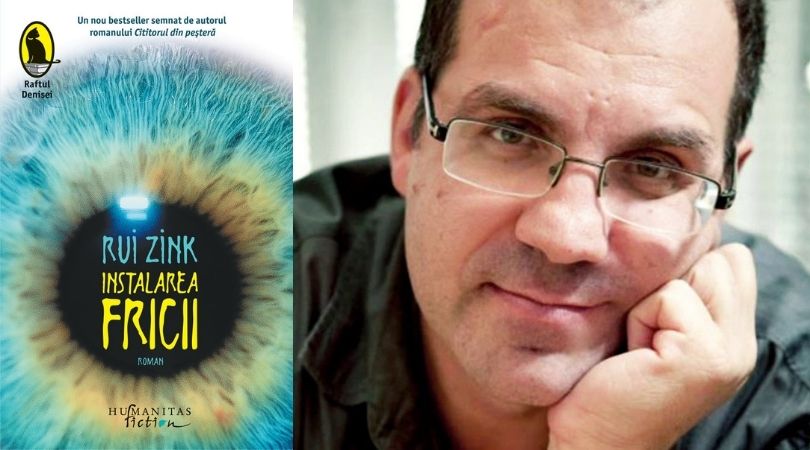
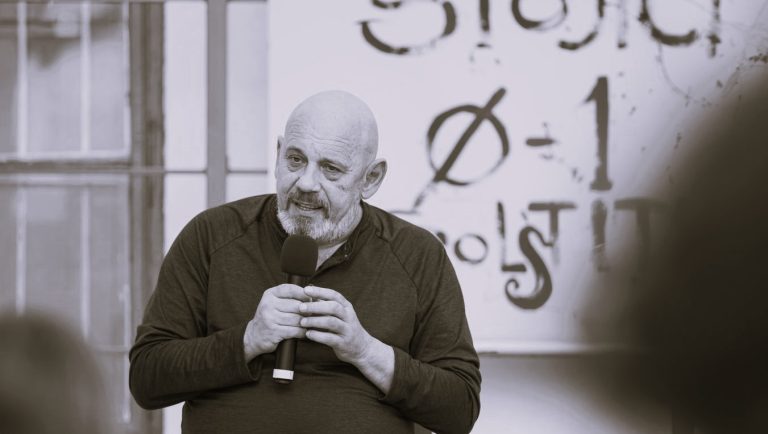
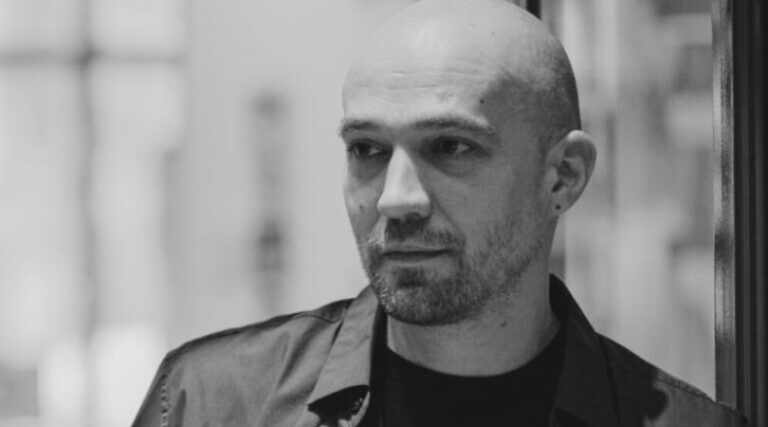
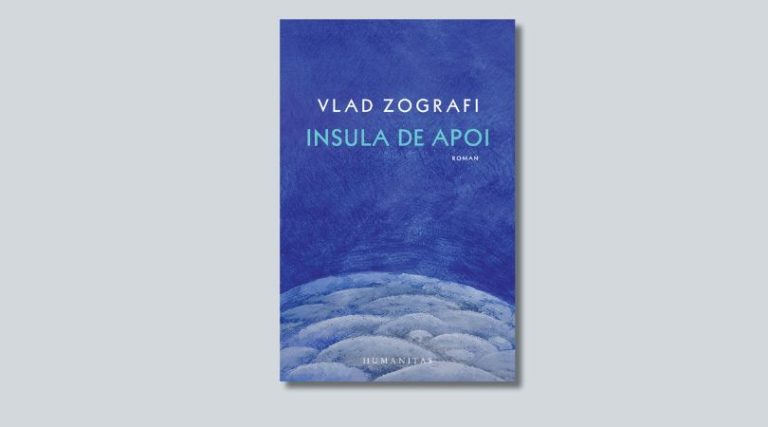
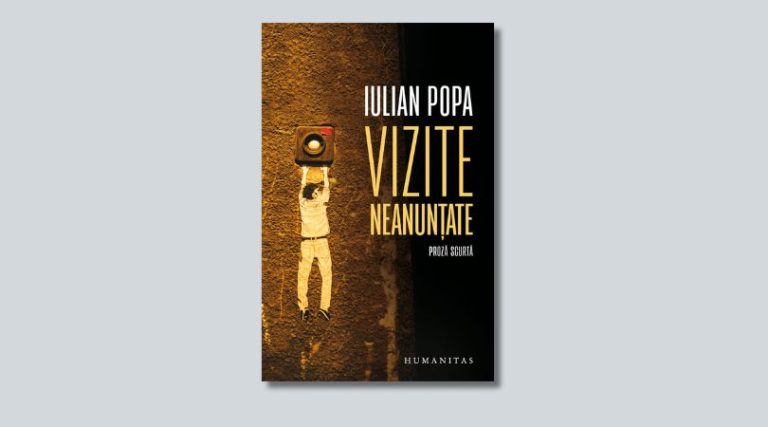


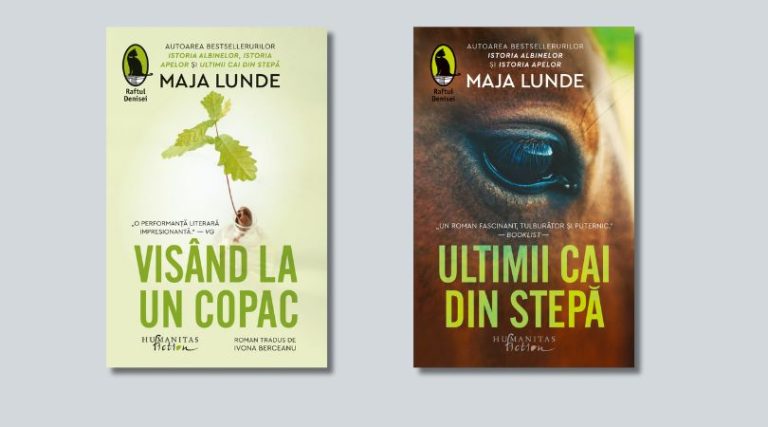
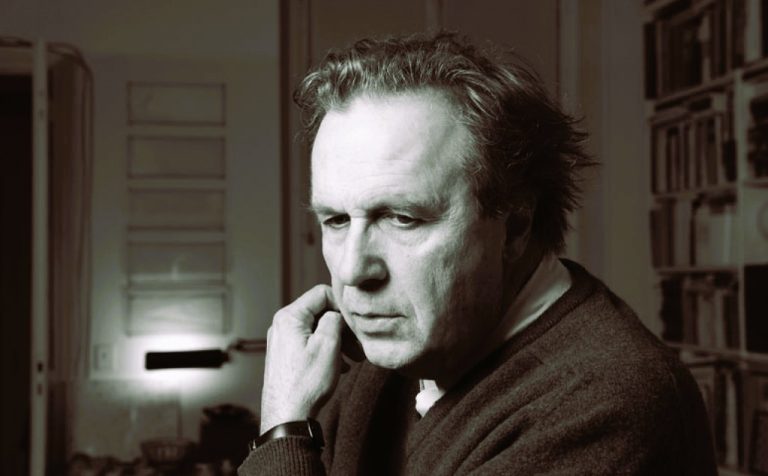
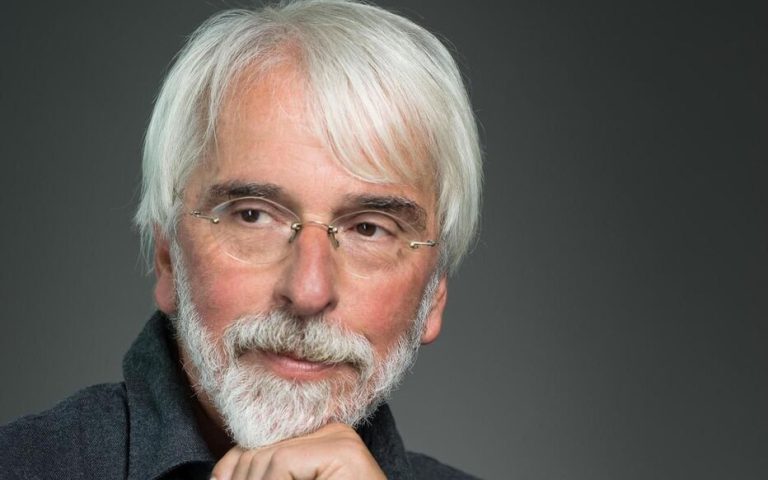


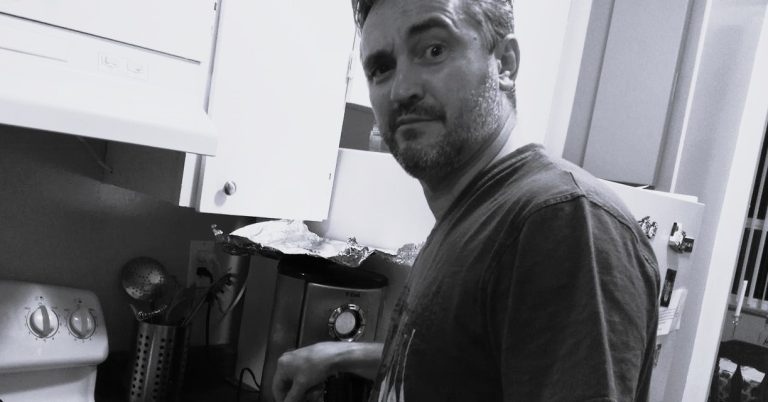

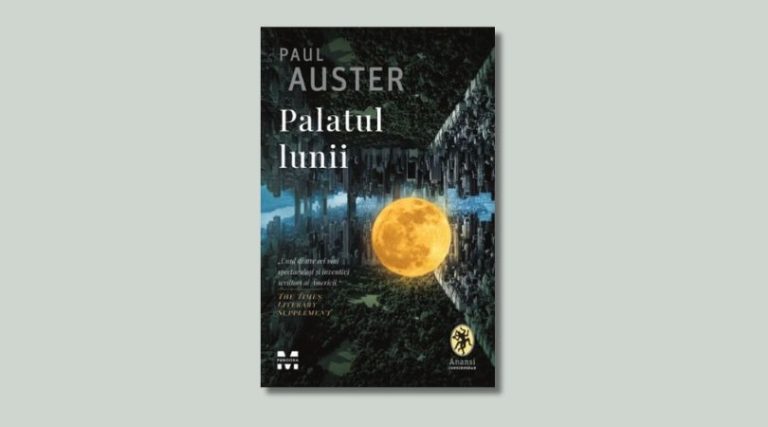









Scrie un comentariu